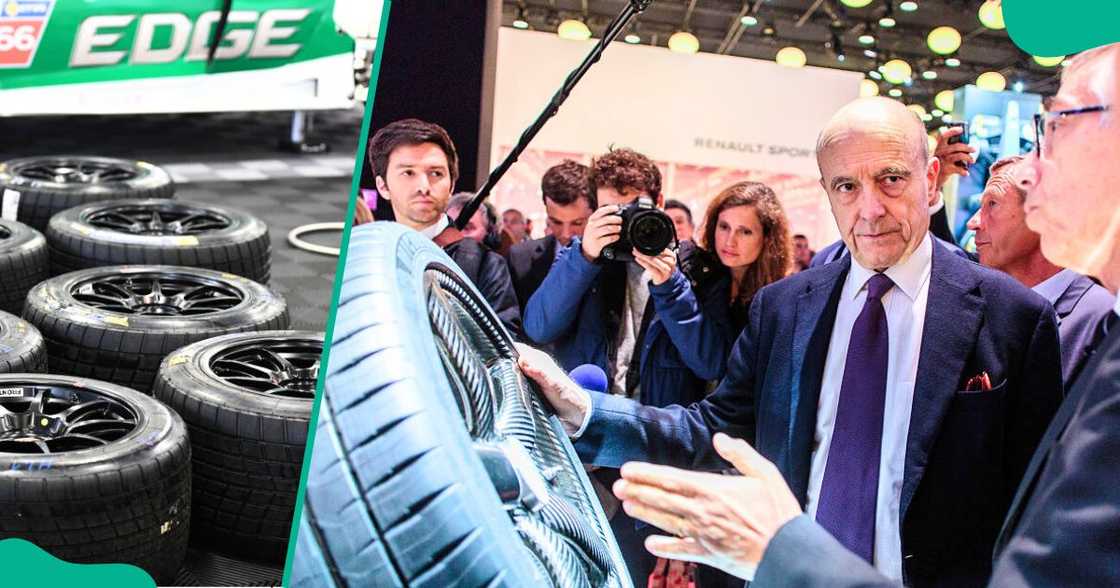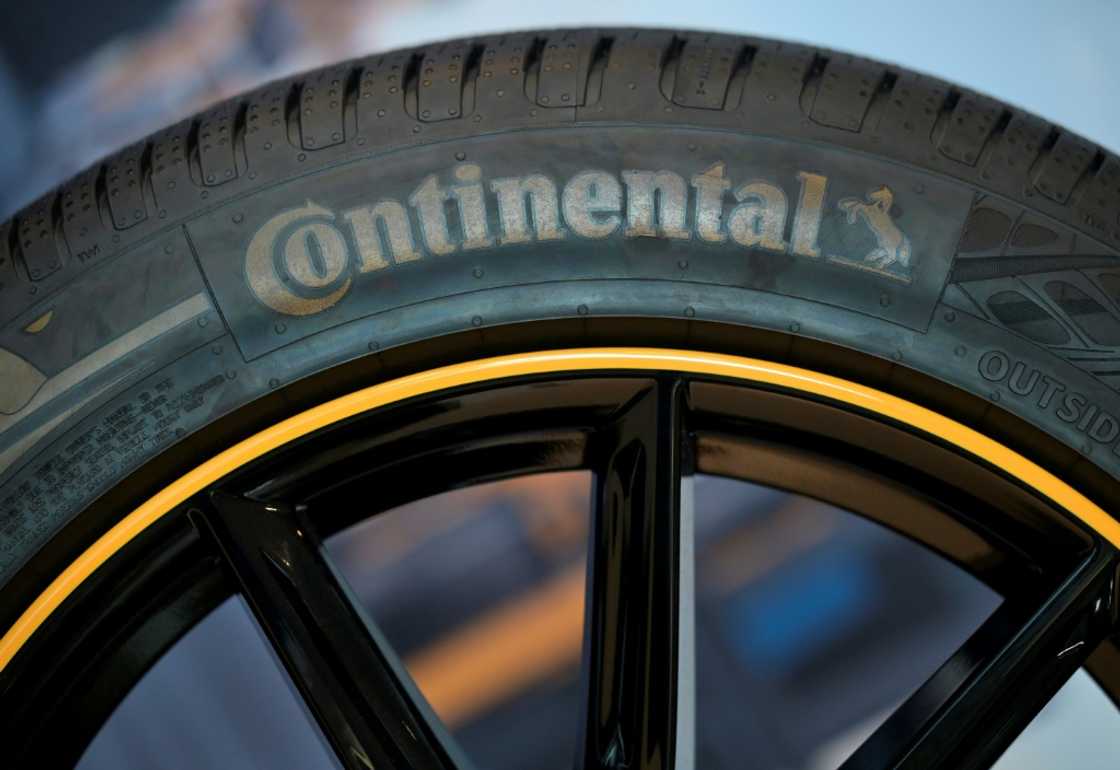Michelin Makes Comeback: 18 Years After Exit, Tyre Giant Returns to Nigeria’s Booming Market
- The tyre manufacturing giant, Michelin, plotted a massive comeback to the Nigerian market, 18 years after closing its plant
- Reports claimed that the company was rebranding and rebuilding its image and visibility in Nigeria, signalling an imminent return
- There had yet to be an official statement from the firm about the return, but experts speculated that a comeback might happen sooner than expected
Pascal Oparada, a reporter for Legit.ng, has over ten years of experience covering technology, energy, stocks, investment, and the economy.
Eighteen years after shuttering its Port Harcourt plant, French tyre manufacturing giant Michelin is making a strategic return to Nigeria, a market it once dominated alongside Dunlop.
Although the company has not yet announced plans to restart local production, Michelin is rebuilding its brand visibility and market presence, positioning Nigeria as a key growth hub in Sub-Saharan Africa.

Source: Getty Images
Michelin rolls back into Nigeria’s market
The comeback signals renewed confidence in Africa’s largest economy and its expanding automotive and construction industries, which are driving new demand for premium tyres.
Michelin’s 2007 shutdown marked a major turning point in Nigeria’s industrial landscape.
Beset by unstable government policies, poor infrastructure, and the influx of cheaper Asian imports, the company, along with Dunlop, halted local production after decades of dominance.
By 2008, imported tyres accounted for 90% of all sales in Nigeria, up from just 25% three years earlier.
The closure also led to job losses and the gradual collapse of Nigeria’s once-promising tyre manufacturing industry.
Nigeria’s tyre market revs toward $1 billion
Today, the narrative is changing. Nigeria’s tyre market is estimated at $820 million and projected to hit $1.12 billion by 2030, growing at an annual rate of 6.4%.
With over 40 million registered vehicles and an expanding network of federal and state roads, demand for durable, high-performance tyres continues to soar. Yet 80% of Nigerian consumers still buy budget tyres, mostly imported from Asia.
For Michelin, this imbalance represents both a challenge and a golden opportunity to reclaim market share through innovation, quality, and trusted brand value.
Michelin reenters Nigeria’s growing tyre market
“It’s true that after the shutdown, many Nigerians thought Michelin had left,” said Amaury Vadon, Managing Director and Vice President of Sales for Michelin Sub-Saharan Africa, in an interview with TechCabal.
“But Michelin never truly left. We may have stopped manufacturing, but we remained commercially active. Today, we’re more present than ever before.”
Michelin has restructured its Nigerian operations, transitioning from an export-dependent model to a fully owned local agency. The company now operates an office on Victoria Island, Lagos, staffed by Michelin employees managing direct sales, marketing, and customer engagement.
“We’re not importers or distributors,” Vadon emphasised. “We have Michelin people in Nigeria. That’s a key difference. It allows us to explain our value, our innovation, and why Michelin products matter.”
Betting big on growth segments
Michelin’s renewed strategy focuses on two key segments: passenger car tyres and beyond-road applications — including agriculture, construction, and port logistics.

Read also
From dream to global empire: How Akintayo’s Gtext built billion-dollar real estate legacy in 10 Years
Nigeria’s passenger tyre segment alone is projected to generate over $820 million in revenues by 2025, driven by urban mobility, new car imports, and consumer preference for reliable brands.
Popular tyre sizes like 195/65R15 and 205/70R15 dominate the market, but rising demand for SUVs and luxury vehicles has opened up a fast-growing niche for 18-inch and larger premium tyres.
The company also sees growth opportunities in heavy-duty and off-road markets, where reliable tyres are crucial for construction, logistics, and farming operations.
Expanding footprint beyond Lagos
Michelin’s return is not limited to Lagos. “We see strong potential not only in Lagos but also in Abuja and Port Harcourt,” Vadon noted. “We’re already setting up partnerships and local stock in Abuja to reduce delivery times and better serve customers.”
The company aims to rebuild its reputation as a trusted mobility partner, one that combines local knowledge with global expertise.

Source: AFP
A symbol of renewed confidence
Michelin’s comeback underscores a renewed global interest in Nigeria’s industrial sector, as international firms cautiously re-enter Africa’s largest consumer market.
For Nigeria, it’s more than a business story; it’s a reminder of what’s possible when stability meets strategic investment.
And for Michelin, it’s a second chance to put the wheels of opportunity back on the road.
In the last two years, several global brands have closed shops in Nigeria, citing the naira devaluation and foreign currency scarcity as the reasons.
Multinationals such as GSK exited the Nigerian market in 2023, sending prices of medicine products soaring.
The French drug manufacturer firm, Sanofi, also pulled the rug from the Nigerian market, citing similar reasons.
Experts say the return of big brands like Michelin into the highly competitive market is due to renewed investor confidence, driven by forex reforms, naira stability and conducive business climate.
Another Multinational company set to leave Nigeria
Legit.ng earlier reported that the multinational company, PZ Cussons, the parent company of PZ Cussons Nigeria, set plans to sell its assets and African subsidiaries, citing the naira’s depreciation as the critical reason.
In its operational year’s results, PZ Cussons disclosed that it is considering either a partial or total sale, saying that the sale will reduce its exposure to naira fluctuations.
Proofreading by Funmilayo Aremu, copy editor at Legit.ng.
Source: Legit.ng





